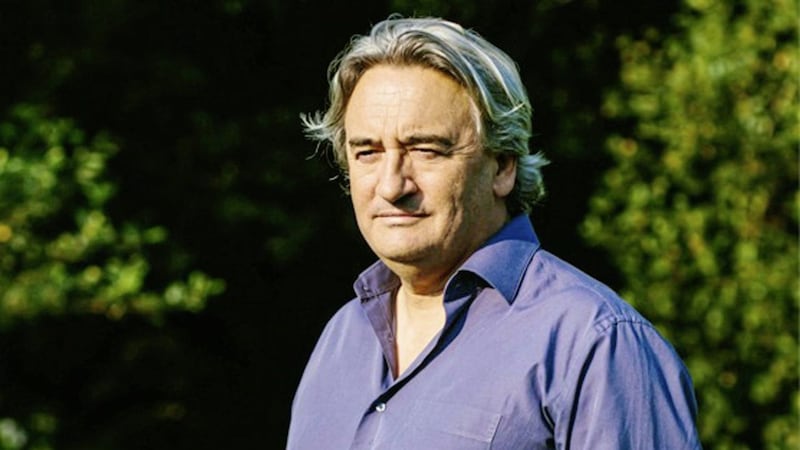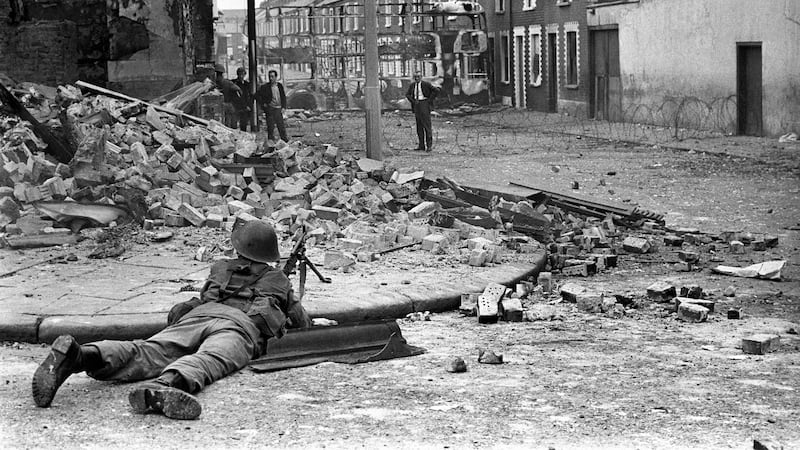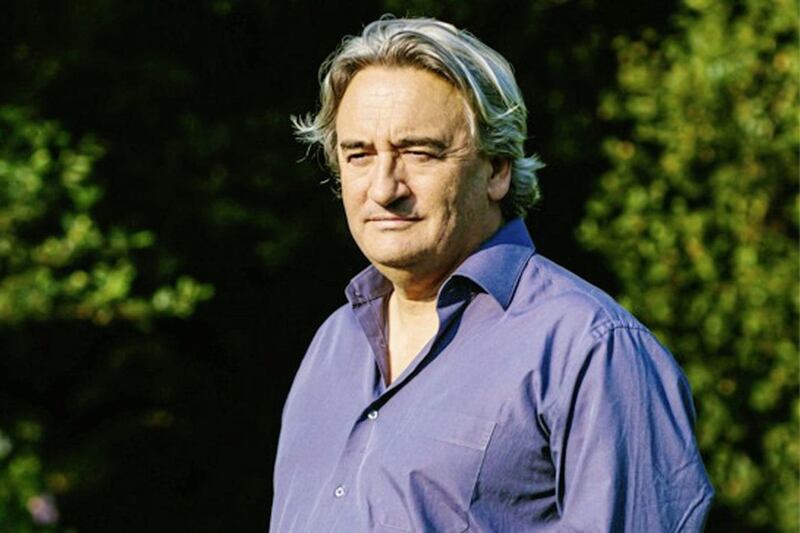A JOURNALIST who reported on conflict around the world for 30 years has revealed how the sights he saw during his career left him in a "place of absolute despair and fear" before he was diagnosed with Post Traumatic Stress Disorder.
Fergal Keane, a former special correspondent, has investigated his mental health for a new documentary. Fergal Keane: Living with PTSD, which is due to be broadcast on May 9 on BBC Two, investigates the trauma the reporter suffered covering conflict and brutality for more than three decades.
From Kigali to Baghdad to Belfast, he spent his career being at the heart of the story and became a trusted BBC face, known for reporting with humanity and extraordinary empathy. However, off-screen, he was suffering from an acute form of PTSD which was formally diagnosed in 2008.
Earlier this year, he was sent to Ukraine in the lead-up to the war. However, on the eve of fighting breaking out, he decided "no more wars" and returned home.
"I'm the guy who goes to a therapy session and at the end is given literature to read and didn't read it because I want to be away from PTSD," he tells the documentary.
"I wanted to keep it at arm's length and why, because I wanted to keep doing what I was doing."
Mr Keane, who said work had "taken its toll", recalled how being present as a member of the media when loyalist Michael Stone attacked mourners at a Republican funeral in Milltown Cemetery in west Belfast in 1988 was "one of those moments when trauma broke the surface".
"I have a condition called PTSD. It's a place of extreme fear is how I would ultimately define it," he said.
"Part of me is scared stiff. I know it's a journey into myself but I'm sick of being scared and the defining characteristic for me living with PTSD has been a fear, a fear of nightmares where I wake up and I'm under a pile of bodies or in my dreams I see animals devouring human corpses.
"I always know when it's getting bad because the acute sense of threat is getting louder and I feel it spiralling. I went to Rwanda thinking as someone that I knew what war looked like. I very quickly realised that genocide, the attempt to wipe out a whole group of people, was something very different."
Mr Keane, who sought therapy to deal with PTSD, said: "I encountered the worst of human cruelty and the limits of my own courage.
"Rwanda returned in nightmares, anxiety, a sense of failure as a human being that helps to drive my PTSD. For several years I've tried to shut it out but I wonder if that stops healing."






